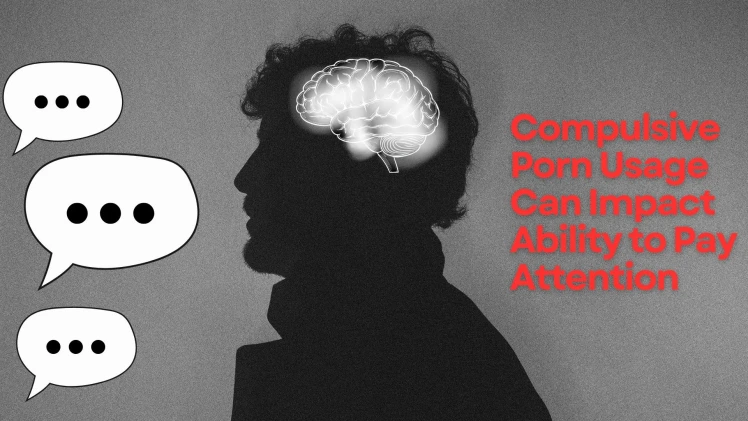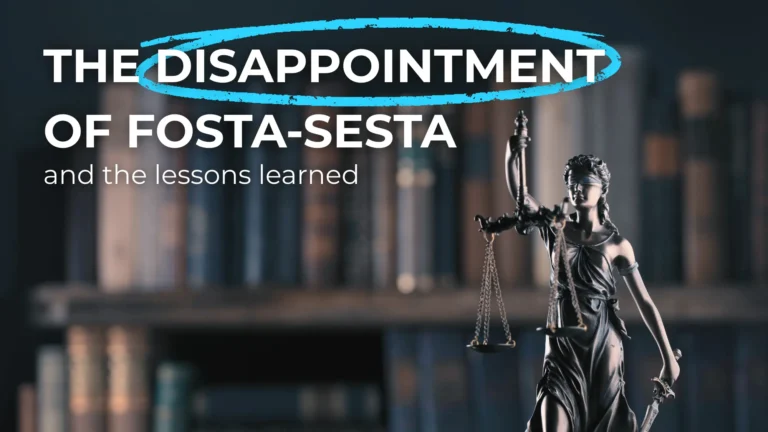Last week, a friend asked me for advice on how she could keep pornography off digital devices used by her children. I was happy to help, which meant spending over an hour emailing step-by-step instructions, attaching numerous screenshots with scribbles directing “Click here –>” and “BAD –>”, “GOOD –>”, etc etc . . . all to show her how to locate parental controls and safety settings that might keep her little ones safe online.
At the end of it all, my friend’s husband made a very astute observation: “You know what, I think it’s kind of crazy that these protections aren’t on by default. Shouldn’t it be the other way around? Shouldn’t an adult have to seek out pornography if they want it, rather than letting the status quo be that any kid can accidentally stumble on it?”
“YES!!” was my immediate, unreserved reply. And I proceeded to explain this is exactly what NCOSE is fighting for through current public policy efforts.
NCOSE’s Public Policy Team is working in numerous states across the U.S. to pass device filter bills (a.k.a. “Default to Safety” bills), requiring smartphones and tablets to automatically turn on filters blocking sexually explicit material, when the device is activated, to protect children from harmful content.
Adults are provided with a passcode or a biometric means of simply turning off the filter, if preferred. An adult can also toggle between filter “ON” and filter “OFF” settings.
Close in Idaho, Pending in Montana
Last week, a device filter bill, “Parental Rights Protection of Minors Act,” supported by NCOSE in Idaho failed to pass the state senate by one vote. However, this is progress, considering that last year, a similar bill failed to even reach the floor. We hope this trend of increased support continues as more people realize that Big Tech has zero interest in the online health and safety of children.
NCOSE also supports HB349 in Montana, which passed the House in early March, 63-47, and is currently pending in the Senate. Other states considering similar legislation are Iowa, Florida, Maryland, South Carolina, Tennessee, and Texas.
It’s simple for devices to #Default2Safety upon activation. Device Filter Bills reduce the stress and confusion parents experience when searching for filters on their own, but more importantly, they reduce the risk of a child seeing harmful pornography. https://t.co/dxAT7PBQ60
— National Center on Sexual Exploitation (@NCOSE) March 25, 2023
Opposition to the Device Filter Bill: Big Tech Spreading Misinformation
In the run up to Idaho senate debate on the device filter bill, an astounding array of misinformation was presented to oppose its passing. Big Tech views device filter legislation as a threat, flying highly paid lobbyists into state capitols to testify against it.
These hired guns argued that the filtering requirements mandated by the filter bill are “not technologically feasible.” This simply isn’t true. Filtering technology already exists on handheld devices and tablets; the only thing the bill proposes to change is that the filter defaults to on instead of off.
In a self-contradicting move, Big Tech has also argued that the bill is unnecessary, precisely because filters and safety settings already exist. Although this argument recognizes the current state of available technology, its conclusion misses the point.
Research shows that most people leave devices and apps at their default settings. As such, while filters do exist, the reality is that most of the time they are not turned on, and children are left unprotected. Many reasons might explain this—parents might not know that the filters are available, might not have a strong awareness of the dangers facing kids online, might be intimidated or discouraged when trying to sift through various settings to find the filters . . . Importantly, research has also highlighted that “there is an implicit perception that when something is a default, it should be a good choice, causing more people to stick with it.”
The result: the status quo is that the only children who are protected are those who are privileged with highly involved, tech-savvy, danger-aware parents/caregivers willing to spend hours navigating through various device and app settings to find build in protections. This is what the device filter bills seek to change. They seek to protect all children—not a small, privileged subset of them.
Another favourite argument of the Big Tech opposition is that the device filter solution is unconstitutional. Incorrect again! This legislation stands in favourable contrast to previous legislative attempts to protect children from exposure to online obscenity, precisely because it passes constitutional muster.
Some background here is helpful: in 2004, the Child Online Protection Act was struck down by the Supreme Court in Ashcroft v. ACLU on the basis that it violated the First Amendment. As an alternative, the Supreme Court suggested that utilizing filters on devices at the receiving end, instead of placing limits on publishers of explicit material, satisfied the First Amendment. Read more about the device filter bill’s constitutionality here.
Device filter bills are the simplest and best option for protecting children from exposure to pornography and harmful content. The bill is constitutional, relies on existing technology, and ensures ALL kids are protected. Share on XThe Device Filter Bill is the Best Option for Protecting Children from Harmful Content
The device filter bill is truly the simplest and the best option for protecting children from exposure to pornography and harmful content. It relies on existing technology, it passes constitutional muster, and it ensures that all children would receive the same protections, regardless of privilege.
If you are interested in passing a filtering bill, or other online child protection in your state, you can sign up for state-specific announcements and opportunities for action below. Our Public Policy team will keep you updated!



